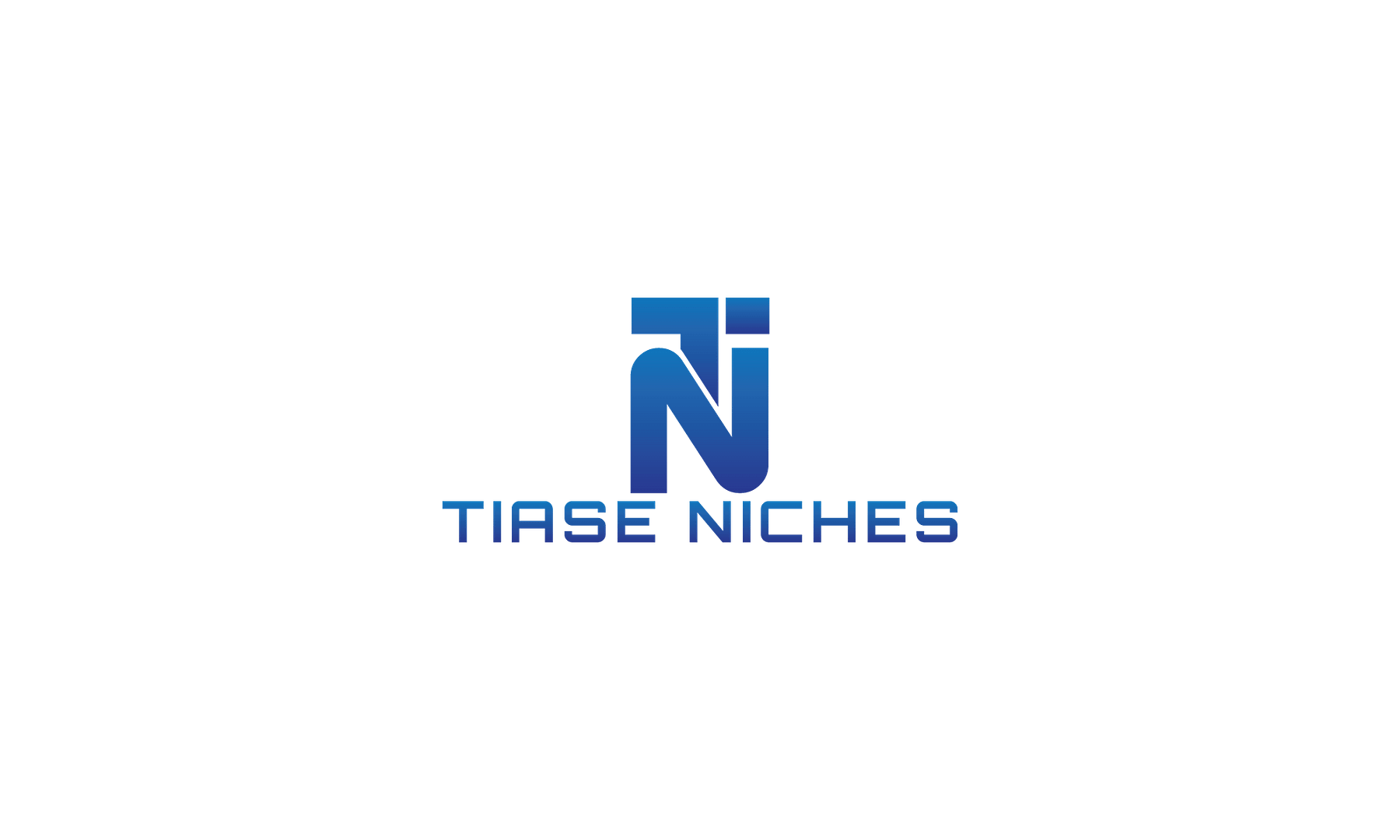Do you feel your local business is sacrificing revenue because you haven't built an email list?
Undoubtedly, many entrepreneurs and small business owners feel the same way.
Fortunately, while helpful, an email list isn't always required to achieve the revenue and growth you desire.
With this in mind, partnerships offer an effective way to grow your business without building an email list.
Considering the above, this post will examine the power of partnerships and how you can utilize them to level up your business and brand.
Let's get started.
The Power of Partnerships
Partnerships are a secret sauce for accessing an entirely new group of prospects you might not have been able to access otherwise.
Accordingly, partnerships are collaborative efforts that include joint marketing campaigns, co-hosting events, and creating bundled offers.
Considering this, partnering with a reputable business also enhances your business's credibility.
Notably, prospects are more likely to purchase from an unfamiliar brand if recommended by a company they already know, like, and trust.
Multiple Types of Business Partnerships
Let's take a quick look below at common types of partnerships to consider and how they can help grow your business.
Strategic Alliances
A strategic alliance involves partnering with another business to achieve a common goal.
For example, a fitness trainer could partner with a nutritionist to offer comprehensive wellness programs.
Above all, both businesses benefit by offering a more complete solution to their customers.
Referral Partnerships
Referral partnerships involve two or more businesses agreeing to refer clients to each other.
For example, a web designer and a copywriter could create a partnership where they refer clients that need both services to each other.
Affiliate Partnerships
Affiliate partnerships are when two or more companies promote each other's offers and earn a commission on any sales generated.
It is worth noting that affiliate partnerships offer a fantastic way to increase your sales without requiring a significant upfront investment.
For example, an online retailer could partner with a popular blogger who promotes their products in exchange for a commission.
Co-Branding Partnerships
Co-branding partnerships involve two or more businesses creating a product or service together, leveraging the strength of multiple brands.
For example, two clothing brands could collaborate on a limited-edition collection that combines their unique styles.
Finding the Right Partners
Follow the tips below to help identify and approach businesses for potential partnerships.
Identify Complementary Businesses
When considering partnership opportunities, look for businesses that offer products or services that are complimentary to your own.
Notably, these businesses should share a similar audience without being direct competitors.
For example, a graphic designer could partner with a printing company, as their services naturally complement each other without competing directly.
Research Potential Partners
After identifying potential partners, you must conduct research.
Accordingly, reviewing their reputation, customer base, and values will help ensure they are a good fit for a successful collaboration.
Reaching Out and Building Relationships
Be genuine and focus on building a relationship when reaching out to potential partners.
In particular, explain specific benefits both parties can achieve by providing specific examples of working together.
Above all, initiating a strong relationship will set the foundation for a successful partnership.
Leveraging Partnerships for Sales
After establishing a partnership, you should begin leveraging it to drive sales.
With this in mind, below are some strategies to help you get started.
Joint Marketing Campaigns
Joint Marketing Campaigns can help you reach a wider audience by combining marketing efforts.
Specifically, these could include co-branded social media posts, joint email marketing campaigns, or shared blog content.
Co-Hosting Live Events
Co-hosting live events like webinars and workshops lets you showcase your products or services while tapping into each other's audiences and providing more value to attendees.
For example, a photographer and a makeup artist could host a joint workshop on preparing for a photo shoot.
Bundling Offers
Creating bundled offers involves combining your products or services with your partner's.
Ultimately, this provides added value to your customers and can increase sales for both businesses.
For example, a skincare brand could partner with a spa to offer a discounted package that includes products and treatments.
Referral Programs
Implementing a referral program that offers a commission or discount for any referrals that result in a sale encourages your partner to promote your business actively.
Cross-Promotions
Cross-promoting each other's offers on your websites and social media channels increases your reach and visibility.
For example, you could write a guest blog post for your partner's website or feature their products in your social media posts.
Ready to Grow Your Business Through Partnerships?
As shown above, creating partnerships is a powerful way to grow your business without relying on an email list.
With this in mind, test and experiment with the above-listed strategies to determine what works best for your business and brand.
Hope this helps,
Erik
We implement creative, results-based digital and hybrid marketing strategies for local business clients.
You can visit our home page and view our service plan options by clicking the button below.
